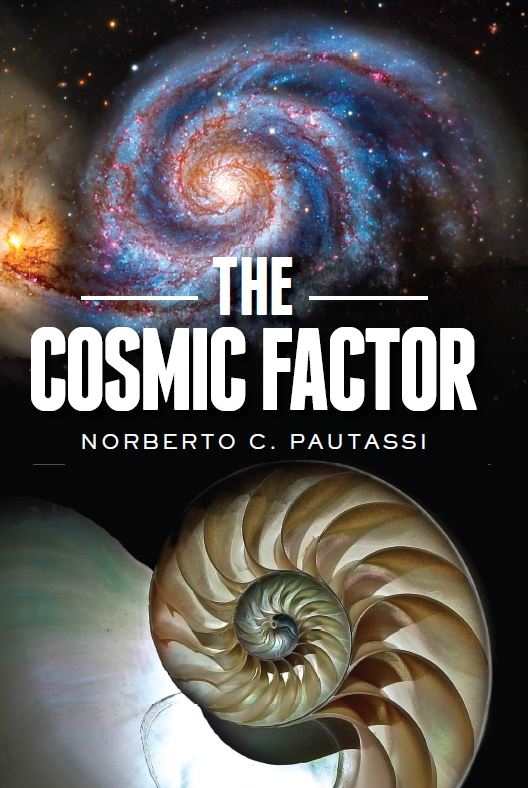The Cosmic Factor
Humankind evolves into star-exploring superbeings in this utopian sci-fi epic.
A group of psychics seeks a better path for humankind in The Cosmic Factor, a utopian science fiction story by Norberto C. Pautassi. When college student Ruben unexpectedly develops the power of clairvoyance, he discovers a community of psychics who, like him, feel called to the stars. But unless they can stay under the government’s radar, their hopes for humanity might never come to fruition. The book follows the group’s development into psychic superhumans, and their construction of a spaceship deep in the Andes mountains.
The psychics are deeply in touch with their diverse religious and cultural backgrounds, drawing from these as a guide for using their powers responsibly. They are a likable bunch, easy to root for and fun to watch, whose cooperation and general good nature are uplifting.
The overall theme of The Cosmic Factor is humankind’s evolution into star-exploring superbeings who venture to and from Earth on a logarithmic schedule. Several chapters are devoted to an examination of the math surrounding this concept, including a lot of multiplication and division of the numerical calendar years of historically significant events. The corollary at the book’s conclusion is also devoted to an explanation of the math around this schedule, which tends to overshadow the plot at some points. Still, the math is interesting, unusual, and ties the story into the real world.
The book is easy enough to read, grammatically sound, and conceptually clear. Occasional diagrams assist the text in describing larger concepts, including the mathematical model and the spaceship. The prose is occasionally a little flat, relaying in matter-of-fact terms things that might be better described with grandiloquence, such as the massive spaceship. However, the meaning and intention of the story are always crystal clear.
Most problematic for the plot is the book’s tendency to tell rather than show. When Ruben develops psychic powers, they’re demonstrated with extreme brevity, and then taken for granted as fact. In addition, there is no real conflict or central villain capable of providing a strong foil to the psychics and their near-omnipotence.
The Cosmic Factor could appeal to fans of utopian, progressive science fiction. The psychics’ sensitivity to human rights and the mysteries of the universe will interest both activists and scientists, and the book’s emphasis on advanced learning will engage students, professors, and anyone who seeks a better way through higher education. Mathematics buffs will find that the numerical games the book plays with history enhance the story.
Reviewed by
Anna Call
Disclosure: This article is not an endorsement, but a review. The publisher of this book provided free copies of the book and paid a small fee to have their book reviewed by a professional reviewer. Foreword Reviews and Clarion Reviews make no guarantee that the publisher will receive a positive review. Foreword Magazine, Inc. is disclosing this in accordance with the Federal Trade Commission’s 16 CFR, Part 255.

